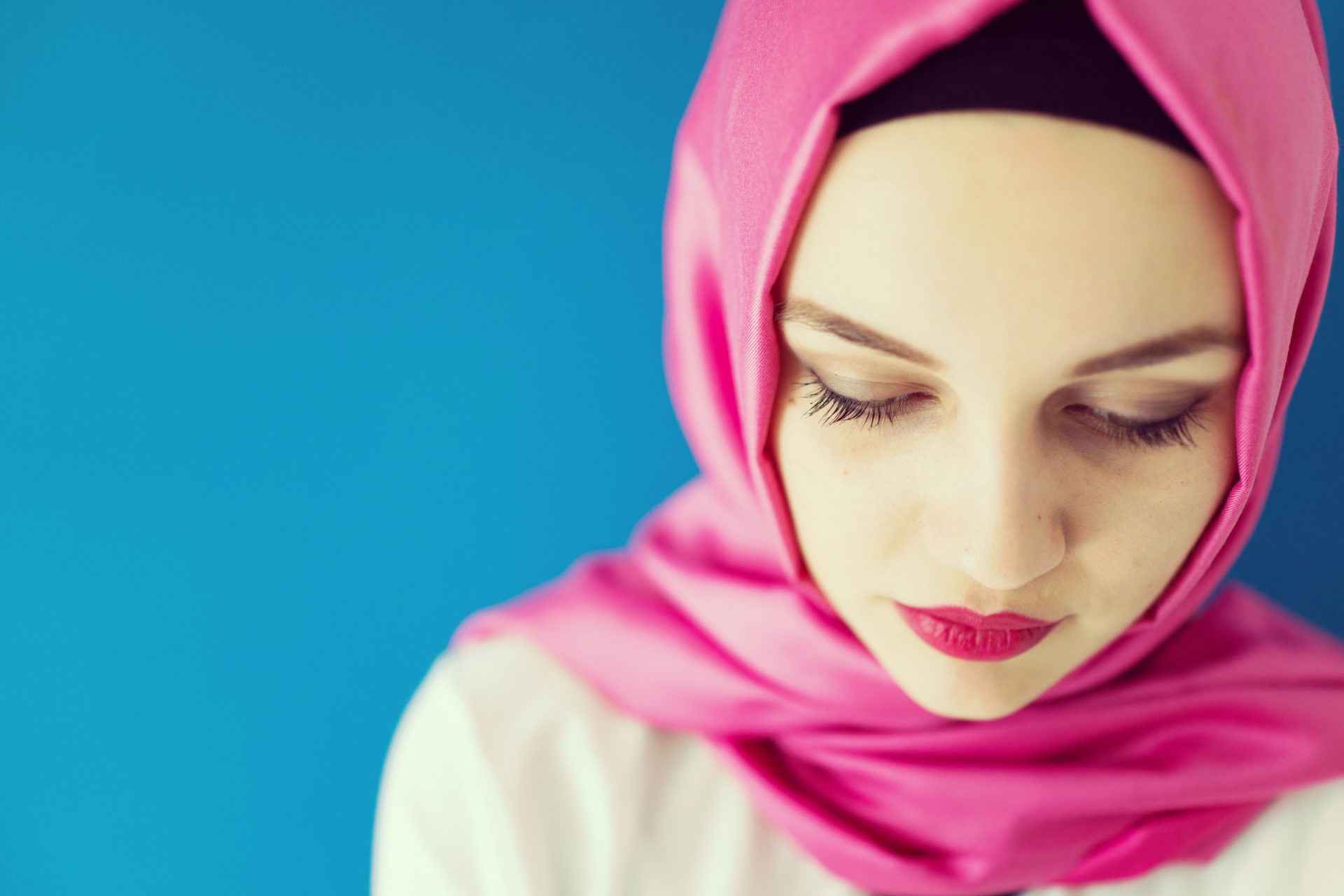A five-person panel discussed Islam in an effort to highlight diversity and bring understanding about the religion and culture at Rogers State University Monday afternoon. The conversation was hosted in recognition of World Hijab Day.
“While we were identifying issues of diversity for us to cover in our program throughout the year, one issue was religious tolerance, so we knew we wanted to do a program that addressed different religious traditions,” said Katy Launius, Rogers State University director of student development.
Launius had discovered the Peace Project, an outreach of The Islamic Society of Tulsa, founded by Sheeba Atiqi, and felt World Hijab Day was a good opportunity to introduce the religious conversation.
“This year RSU really ramped up diversity programing. The last time we had conversations about religion and Islam was more than four years ago,” Launius said.
In additional to a panel discussion, the group set up a hijab demonstration booth before the event.
Ahmed Ashrafasi, a student at the University of Tulsa, began the panel discussion by presenting basic Islamic beliefs and practices. He talked about the five pillars of actions and the six pillars of faith.
“The most important thing is our morals,” Ashrafasi said. “We need to be honest and treat people equally. No one is better than another. At the end the day, treat people with respect, be kind to neighbors, visit the sick and help the needy.
“A lot of people, especially in the United States, get their information from the news. This is why we are here today to fix these misconceptions.”
Safa El-soueission discussed why she chooses to wear a hijab on a regular basis.
“It is not out of oppression,” said El-soueission. “It is out of modesty and respect. If you ever looked at a picture of Mother Mary, she is always covered.”
She also said a hijab is more than a head covering — it also includes conduct and is a lifestyle.
“I am not supposed to go to sleep if my neighbor is hungry. I am to treat people from any culture, religion, or sexuality with respect,” said El-soueission.
While El-soueission was born and raised in Oklahoma, but she said she is often mistaken for a foreigner.
“They tell me ‘oh your English is great,’ and I tell them, ‘because English is my first language,’” she said. “Most importantly, I love it if people ask questions rather than assume.”
Atiqi said she chooses to not wear a hijab, also as a personal decision.
Atiqi was also raised in Oklahoma. She said she remembers when she was younger, after the Oklahoma City bombing, she began experiencing discrimination for her ethnicity and religion.
“You are not one of us. You don’t look like us” she said.
She said she thought it was because of her skin color, but then realized it was because she was Pakistani.
Aliye Shimi, another panelist at the event, said she began wearing a hijab after she had been married for 10 years and already had four children.
“There is a huge caveat in our religion, and that is there is no compulsion. This is a personal decision, just like nuns choose to be more devout and wear a religious habit. There was no coercion. People think our husbands or fathers force us to wear our hijabs and that couldn’t be any further from the truth,” said Shimi.
She said that Muslims love Jesus, but they believe Muhammad was the last prophet.
“The second chapter of the Quran is 44 pages long and it is about Mary’s family,” she said.
One member of the panel was Reverend Sarah Thornhill, associate pastor of Boston Avenue United Methodist.
“I am a United Methodist, but I wear a covering today in solidarity. I am excited to go to the grocery store and experience what other religions sometimes experience. We are working for peace. Besides theological differences, we have many things in common,” said Thornhill.
All of the participants who practice Islam have relatives who still live in the Middle East, and each of them said when they visit these countries — such as Turkey, Egypt, Pakistan and Lebanon — they experience being an outcast.
“When I live in America I am too Pakistani and when I went to Pakistan, I was too American,” Atiqi said.
Shimi said she experienced difficulties when she visited Turkey.
“Even to this day you are not allowed to go to school with your head covered. Same thing is for government buildings. For a country that is 98 percent Muslim, there is contradicting rules,” Shimi said.
For more information visit www.istulsa.org

